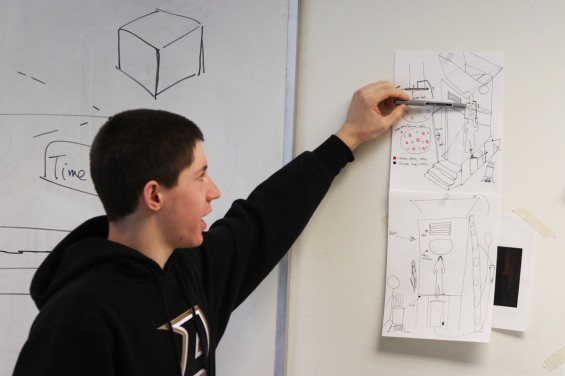
For 2 weeks, students were immersed into the culture of Kibera, Kenya with two simple resources: the internet and mobile phones. The students were tasked with contextualizing themselves about Kibera, Kenya in order to design effectively for the community.
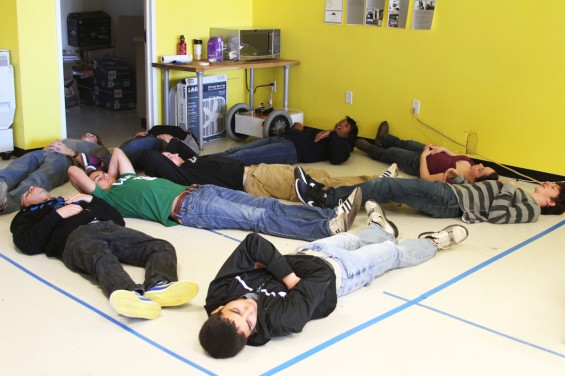
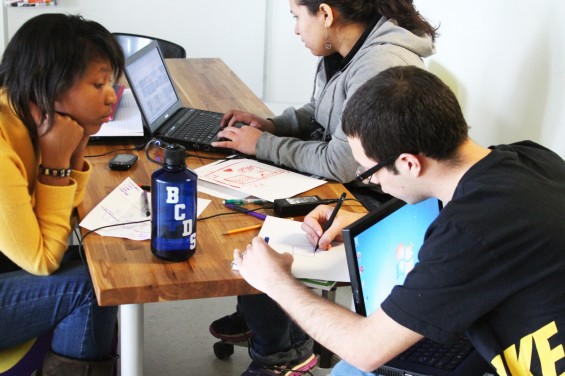
Process The students were tasked with coming up with their own toolkit/process for designing remotely for a developing country. They had to design showers for the community of Kibera, based on the feedback and input of the community.
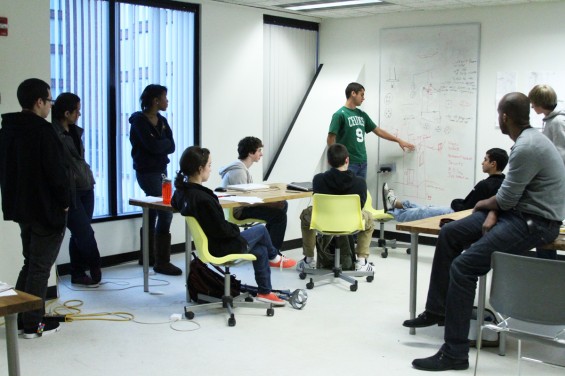
Methodology (survey and iterative design process) It is often necessary for the designers, the students in this scenario, to develop an understanding of context. In the studio, it was difficult for the students to develop an understanding of the community without engaging the community, in addition because of the remote nature of the studio. The students used a cloud-based platform called mSurvey to engage the community members in feedback and discussion about their daily shower experience. The community would send SMS feedback to the students based on automated questions the students input into the system. They were able to use the data to inform their design decisions.
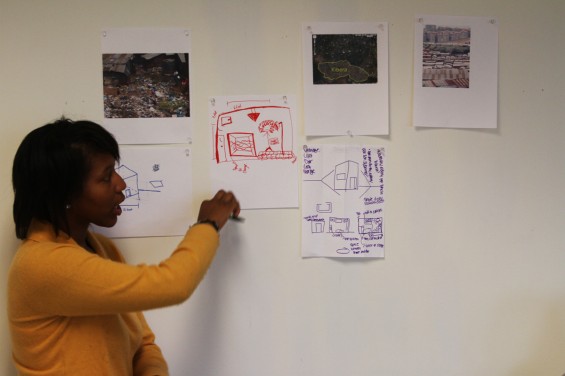
Students' Engagement The students were responsible for creating their questions around their physical design prototypes to get feedback from the Kibera community to gauge the possible success of their design interventions. They found it necessary to ask concise questions to help their design process.
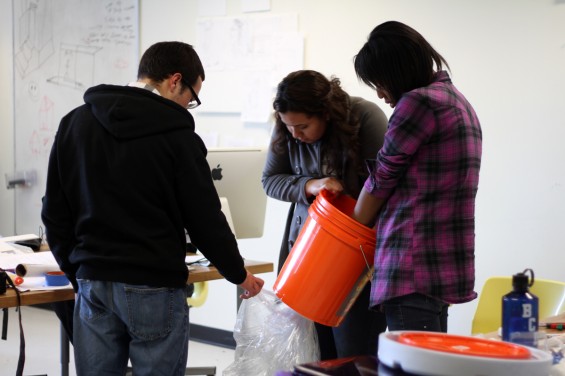
Projects The students designed and prototyped a few showers: 1. Investigated the water pressure of the shower experience 2. Investigated the conservation of water by the individual 3. Investigated the security and water recycling of the shower "run-off"
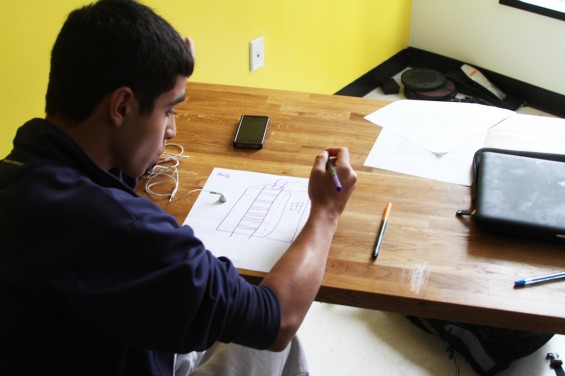
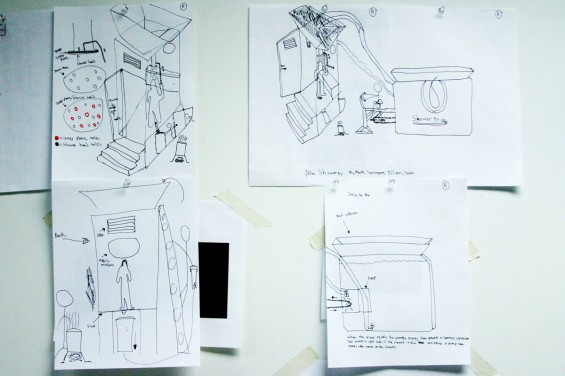
:rotate(0)/p39f1jed4mgd288myquiu5yecweg)